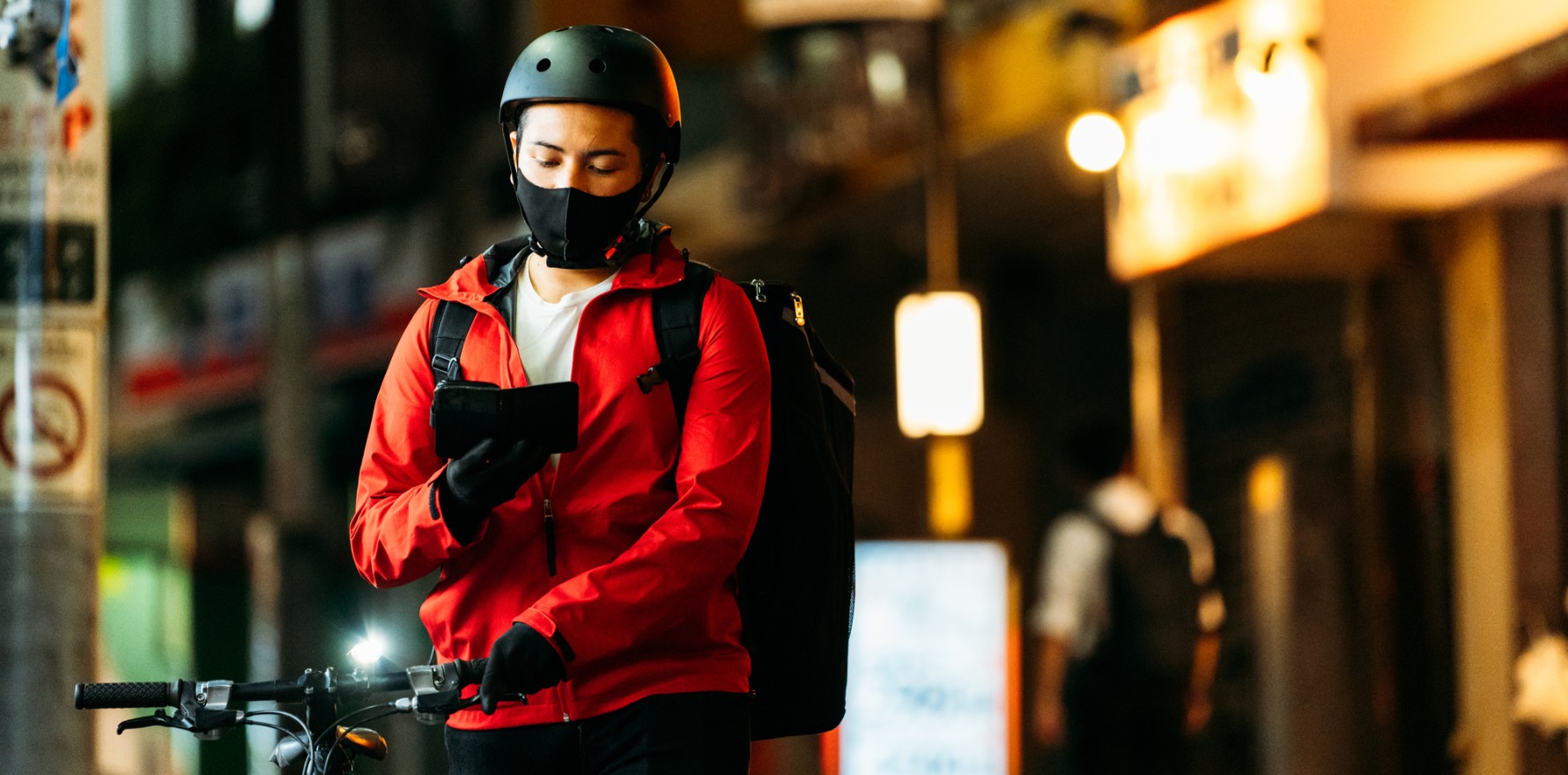An increasingly casualised workforce could have serious repercussions, epidemiologists warn.
The industrial relations bill before parliament will undermine COVID-19 recovery efforts, according to nine public health experts from the Australian National University.
The team’s submission to the Inquiry into the Fair Work Amendment (Supporting Australia’s Jobs and Economic Recovery) Act 2020 (aka the IR omnibus bill) raises concerns around the bill’s lack of provision for casual workers’ leave and job security.
In particular, the amendment will reverse WorkPac v Rossato [2020], a court decision that found casuals are entitled to paid leave under certain conditions – for example, working regular shifts for a long period of time.
A lack of leave entitlements, low pay and low job security, the epidemiologists argue, create conditions where workers face financial barriers to following health recommendations, such as self-isolating when unwell.
Carolyn Smith, Aged Care Director for the United Workers Union, said the bill represents a “missed opportunity” to address situations where workers have several positions across different locations.
“Where there’s workers who don’t get enough hours in their main job and have to work two, maybe three jobs, that has been a real way that COVID-19 has spread,” Ms Smith told The Medical Republic.
“That’s true of many industries, but I think the most tragic example is in the aged care sector.”
The academics from ANU’s Research School of Population Health, led by Associate Professor Kamalini Lokuge OAM, also argued that economic barriers faced by vulnerable workers were a major driver of infections.
“This was evident during the Victorian outbreak, where employees without access to paid leave or government payments went to work while unwell in order to sustain their livelihood and retain employment,” the authors wrote.
“Similarly, major COVID-19 outbreaks early in the pandemic in residential aged care facilities in Sydney occurred when workers attended work while infectious.”
The submission also outlined the fact that casual workers such as cleaners, security guards and childcare workers are often both essential and unable to work remotely, making them particularly vulnerable to both contracting and spreading the disease.
Similarly, these occupations are overwhelmingly represented by historically vulnerable groups, such as temporary visa holders and people of colour, thus compounding the risk they face.
“We believe the evidence is clear that further erosion of protections for casual workers, as outlined by the proposed Act, threatens to exacerbate the present vulnerabilities of these workers to exposure and transmission of COVID-19 and of other infectious diseases,” wrote the authors.
“This will seriously undermine Australia’s capacity to prevent and control future public health crises and mitigate their social and economic ramifications.”
Australian Council of Trade Unions President Michele O’Neil said in a press release that the proposed changes will create a weaker, more unreliable economy.
“We’ve said this from the very beginning of this pandemic: workers need to know they can get tested and isolate at home as required, while still being able to put food on the table for their families,” Ms O’Neil said.
Submissions to the inquiry, conducted by the Senate Standing Committees on Education and Employment, have now closed.


